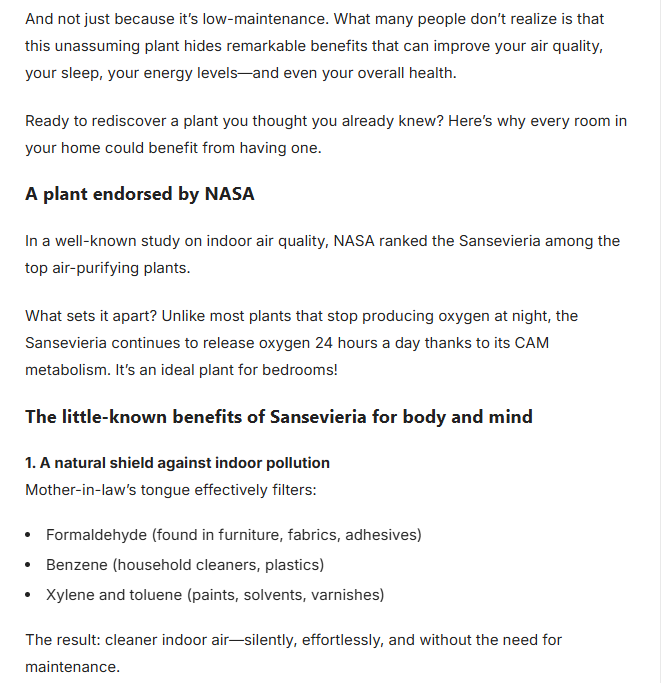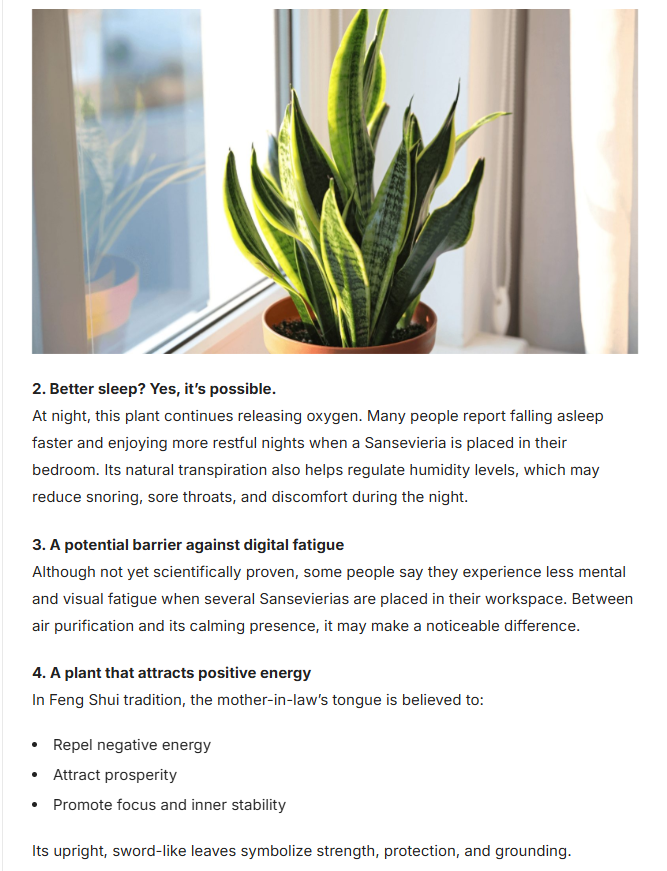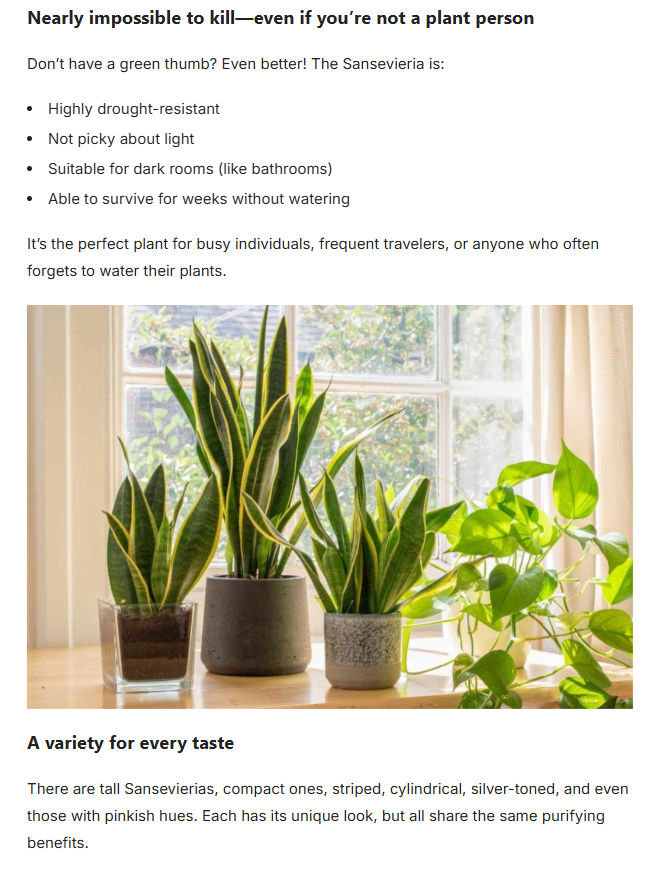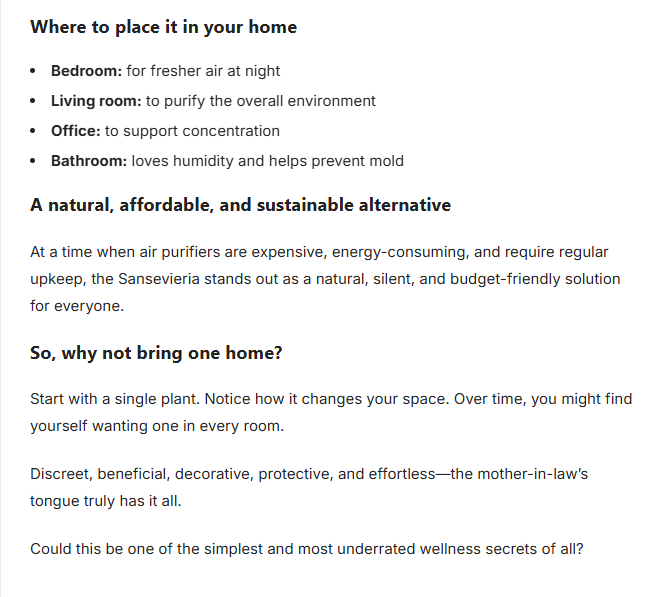In a world that often feels fast-paced and disconnected, acts of kindness stand out as simple yet profound gestures that can transform not only our social interactions but also the very wiring of our brains. Kindness is far more than a social nicety—it’s a powerful force that reshapes our neural pathways and strengthens our emotional resilience. This intricate relationship between kindness, brain plasticity, and emotional health is a fascinating frontier in psychology and neuroscience, offering insights into how small acts can have monumental effects on mental well-being.







The Science Behind Kindness and the Brain
Our brains are incredibly adaptable, a feature known as neuroplasticity. This means that our experiences, behaviors, and even thoughts can physically change the structure and function of our neural circuits. When we engage in acts of kindness, this adaptability comes into play in profound ways.
Research using brain imaging techniques has shown that when people perform kind acts, there is increased activity in regions of the brain associated with reward and empathy, such as the ventral striatum and the medial prefrontal cortex. These areas light up not only when we receive kindness but also when we give it, suggesting that kindness activates our brain’s reward system, reinforcing positive behavior.
How Kindness Creates New Neural Connections
Every time we choose kindness—whether it’s offering a helping hand, expressing gratitude, or simply smiling at a stranger—we activate pathways in the brain linked to compassion and social bonding. Repeated activation strengthens these pathways, much like exercising a muscle. Over time, this rewiring makes kindness more natural and automatic, encouraging a cycle of prosocial behavior.
Moreover, kindness stimulates the release of feel-good neurotransmitters such as oxytocin, serotonin, and dopamine. Oxytocin, often called the “love hormone,” enhances social bonding and reduces stress. Serotonin stabilizes mood and fosters feelings of happiness, while dopamine drives motivation and pleasure. Together, these chemicals create a biochemical environment conducive to well-being and emotional balance.
Kindness and Emotional Resilience
Emotional resilience—the ability to adapt and bounce back from adversity—is critical for maintaining mental health in the face of challenges. Acts of kindness have been shown to bolster this resilience by influencing how we perceive and cope with stress.
When we engage in kind behavior, it shifts our focus away from negative emotions like anger, fear, or anxiety, and toward positive social connection. This shift helps regulate our stress response by lowering cortisol levels, the body’s primary stress hormone. As a result, kindness can reduce feelings of anxiety and depression and increase overall emotional stability.
Kindness also fosters a sense of meaning and purpose, which are key components of resilience. Helping others reminds us that we are part of a larger community, and this sense of belonging is crucial for psychological strength. It can create a buffer against feelings of isolation and helplessness that often accompany difficult times.
The Ripple Effect: How Kindness Benefits Communities
The neural and emotional benefits of kindness are not limited to the individual. Kindness has a ripple effect, spreading positivity through social networks and strengthening communal ties. When kindness becomes a habit, it cultivates an environment where empathy and cooperation thrive, contributing to collective emotional resilience.
Studies in social psychology highlight how witnessing or receiving kindness can inspire others to pay it forward. This contagious nature of kindness amplifies its impact, making communities more supportive and cohesive. These social benefits, in turn, reinforce individual resilience by providing strong social support systems, which are essential for mental health.
Practical Ways to Harness Kindness for Mental Health
Understanding the neurological and emotional impact of kindness invites us to incorporate it intentionally into our daily lives. Here are some practical ways to nurture kindness and, by extension, build emotional resilience:
- Practice Gratitude: Regularly expressing thanks can enhance kindness by shifting focus to positive aspects of life and increasing feelings of connection.
- Mindful Acts of Giving: Small, deliberate acts—such as complimenting someone or volunteering—can stimulate reward centers in the brain and build new neural pathways.
- Self-Kindness: Being compassionate toward yourself is equally important. Self-kindness reduces self-criticism and fosters emotional healing.
- Cultivate Empathy: Try to see situations from others’ perspectives. Empathy strengthens social bonds and activates brain regions involved in social cognition.
- Create Supportive Communities: Engage in groups or activities that promote kindness and mutual support, enhancing collective resilience.
The Long-Term Benefits of Kindness
The benefits of kindness extend beyond immediate emotional relief. Over time, consistent acts of kindness can contribute to improved mental health outcomes, including reduced risk of depression, anxiety, and chronic stress. This long-term rewiring of the brain promotes a more optimistic outlook and greater psychological flexibility—the hallmark of resilient individuals.
In addition, kindness influences physical health. By lowering stress hormones and increasing positive neurotransmitters, kindness can improve heart health, boost immune function, and even increase lifespan.
Conclusion: Kindness as a Pathway to a Resilient Mind
Kindness is a powerful, accessible tool that reshapes our brains and enhances emotional resilience. Through neuroplasticity, acts of kindness create and strengthen neural connections that promote well-being, reduce stress, and foster empathy. The emotional benefits of kindness enable individuals to cope better with adversity, build meaningful social bonds, and contribute to healthier communities.
Incorporating kindness into daily life not only enriches our own mental health but also generates a ripple effect of positivity and resilience in those around us. In a world where stress and isolation are common, kindness offers a scientifically supported path toward a more connected, compassionate, and resilient futur



